Developing Concentration Adding Up to 5 Worksheets for Ages 3-7
5 filtered results
-
From - To
Enhance your child's learning experience with our "Developing Concentration Adding Up to 5 Worksheets," specifically designed for ages 3-7. These engaging worksheets combine math practice with fun concentration exercises, helping young learners sharpen their focus while mastering the fundamentals of addition up to 5. Children will solve problems, complete patterns, and partake in enjoyable activities that promote cognitive skills and retention. Each worksheet is crafted to provide a balance of challenge and accessibility, making math enjoyable. Support your child's educational journey and cognitive development with these thoughtfully created resources, encouraging them to concentrate and excel in their early math skills!
Developing concentration when adding numbers up to 5 is crucial for children aged 3 to 7, as it sets the foundation for their mathematical skills and overall cognitive development. At this age, children are remarkably receptive, and fostering concentration during early math learning promotes better retention and understanding of concepts.
Engaging in activities that require focus helps children improve their attention spans, a vital life skill that will benefit them in the classroom and beyond. Concentration exercises often go hand in hand with playful, hands-on learning approaches, making math fun and enjoyable. By integrating games and interactive tasks that involve adding numbers, parents and teachers can create an enthusiastic atmosphere that encourages participation and reduces frustration.
Moreover, mastering these early addition skills can build confidence in young learners. When children achieve success by adding figures accurately, they develop a sense of proficiency that motivates them to tackle more challenging problems in the future. This concentration in early math not only benefits academic performance but also enhances critical thinking and problem-solving skills, proving essential as they progress in their education. Thus, prioritizing concentration during these formative years is paramount for shaping successful, self-confident learners.
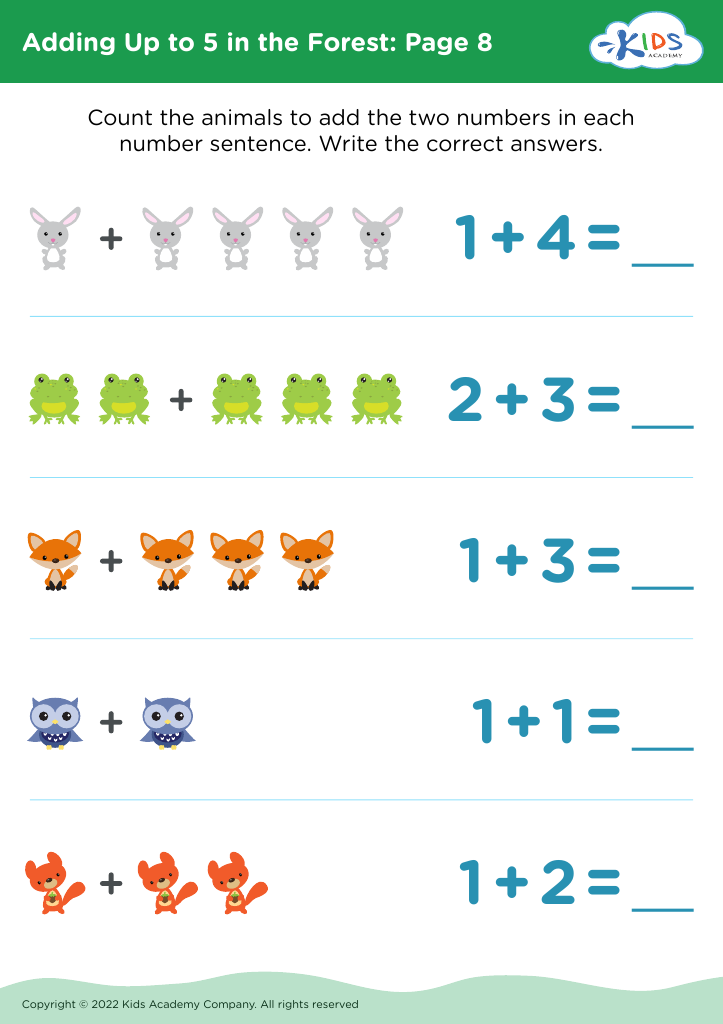
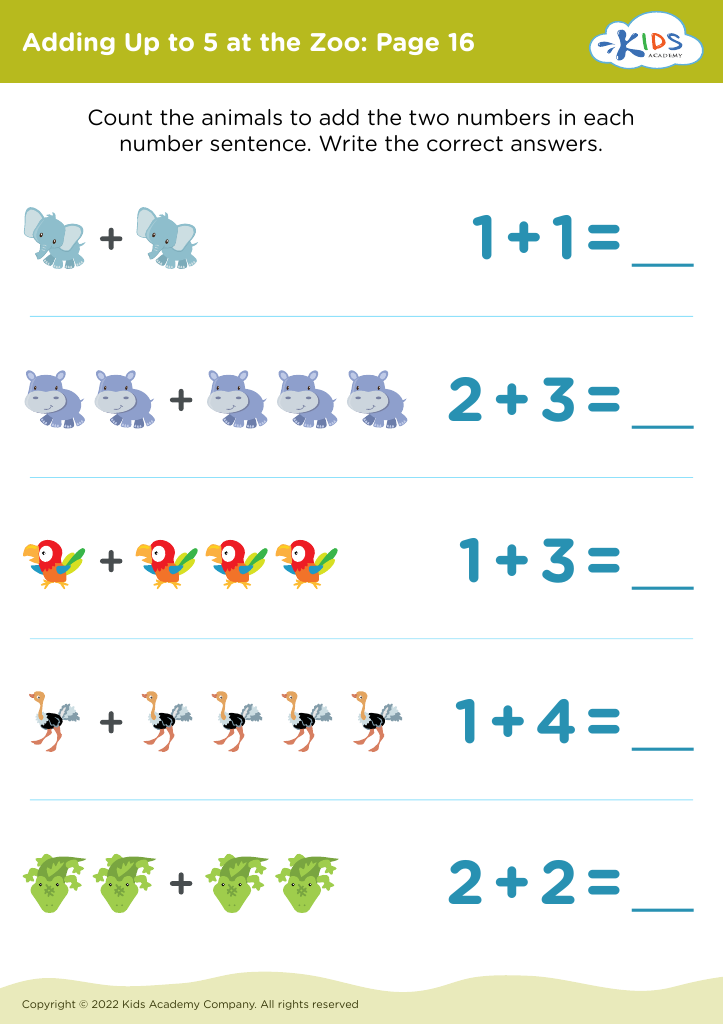
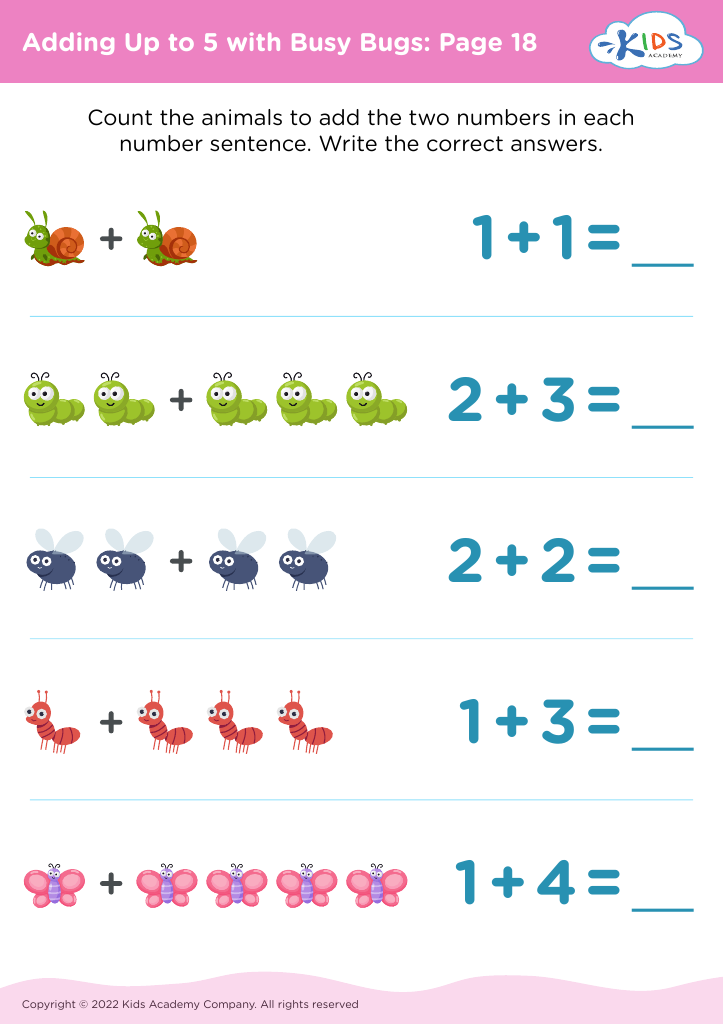
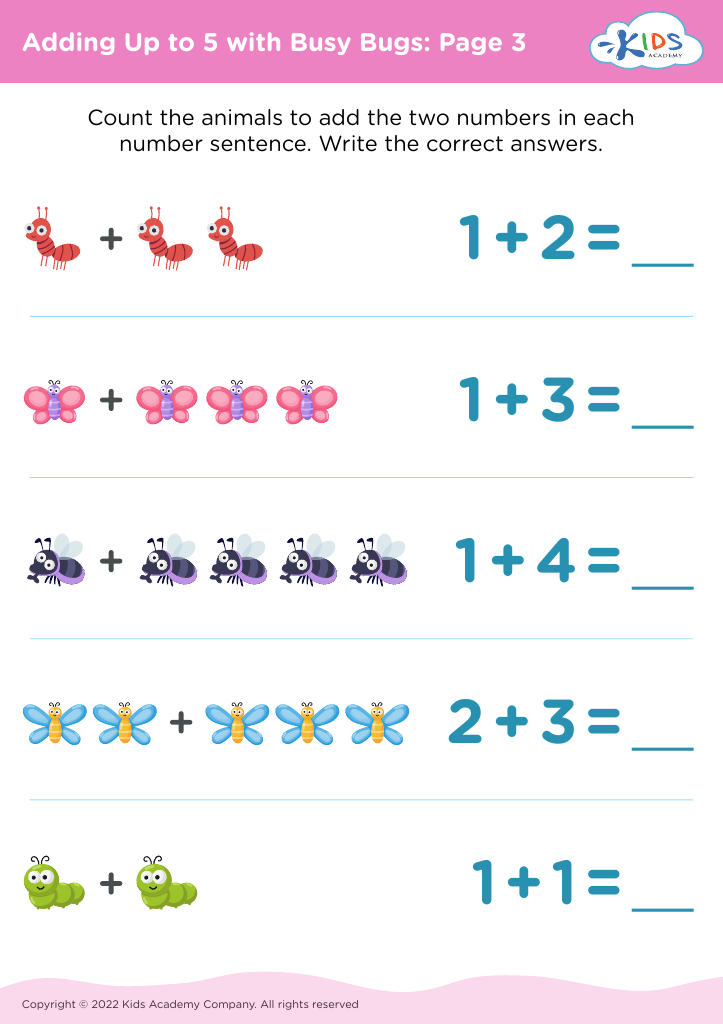
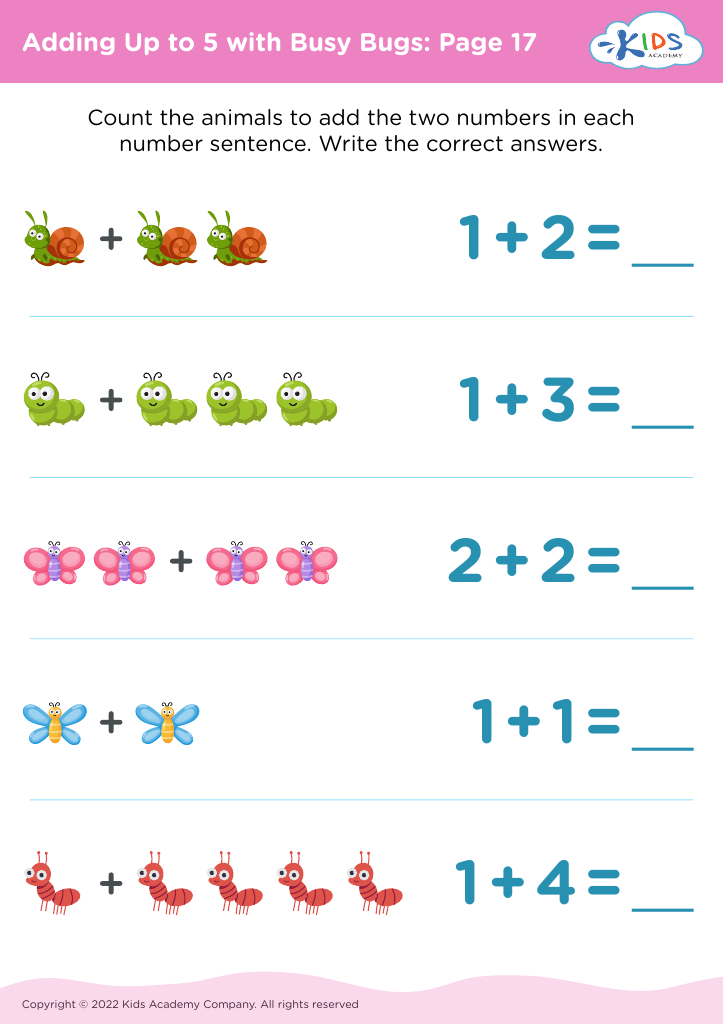




.jpg)











